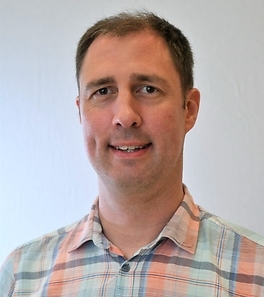Rostock Demographic Seminar Series
Young Adults’ Labour Market Transitions and Intergenerational Support in Germany
Michael Gebel
Hybrid Presentation, November 29, 2022
Michael Gebel from the the University of Bamberg spoke about young adults’ labour market transitions and intergenerational support in Germany.
Abstract
Research has shown that parents provide considerable support to their children. However, we know little about the influence of young adults’ employment experiences on the support they receive from their parents. In this talk, Michael Gebel is presenting his collaborative work with Anna Manzoni (NC State University) on the effect of young adults’ labour market transitions on multiple dimensions of parental support in Germany. Drawing on data from the German Family Panel pairfam for birth cohorts 1981-83 and 1991-93 and applying a first difference panel estimator with asymmetric effects they find stark differences across types of support: parental material support changes in response to transitions in and out of employment, especially when to and from education. Parental instrumental support, that is, help with different tasks as well as emotional support in terms of talking about own worries and getting advice seem less contingent on labour market transitions. Instrumental support only increases for transitions from education to employment and from employment to NEET. The latter effect is mainly driven by women entering parental leave. Further analyses on the role of transitions to different types of non-standard work, such as temporary work, part-time work and self-employment, reveal no strong differences between transitions to standard and nonstandard work.
About the Speaker

© Michael Gebel
Michael Gebel is Full Professor of Methods of Empirical Social Research at the University of Bamberg. He graduated in economics and social sciences, and earned his doctoral degree in sociology at the University of Mannheim. He has received a European Research Council (ERC) Starting Grant for the project “The socio-economic consequences of temporary employment: A comparative panel data analysis (SECCOPA)” (2018-2023). His main research interests are life course research (especially school-to-work transition), non-standard employment, unemployment, returns to education, longitudinal data analysis and methods of causal inference.